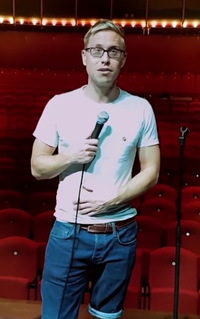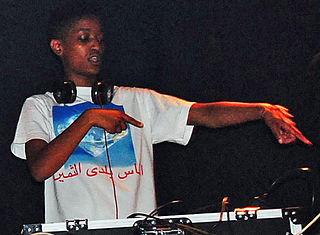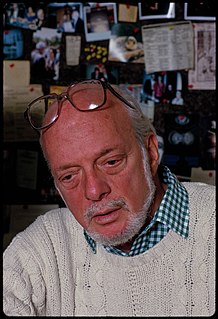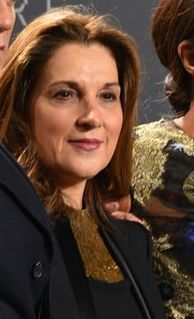A Quote by Frank Gehry
If the room is friendly to a relationship between lecturer and audience, you feel everything - the tension, the appreciation. I think the audience feels it too.
Quote Topics
Related Quotes
What I love most about playing in front of people has something to do with a certain kind of energy exchange. The attention and appreciation of my audience feeds back into my playing. It really seems as if there is a true and equal give and take between performer and listener, making me aware of how much I depend on my audience. And since the audience is different every night, the music being played will differ too. Every space I performed in has its own magic and spirit.
The one thing that I love about the live audience is the energy level. Like, from the minute of cast introductions, it's just constant energy being traded back and forth. When you do something funny, the audience laughs; when you're being serious, you can, like, feel the tension going through the audience.
When you play a smaller, more intimate venue, you can have real conversations with your audience, take risks, and stay current. You can also change the set list, on how the day feels or how the audience reacts. When you do arena shows, every arena looks and feels the same. You can't see who is in the room.






































